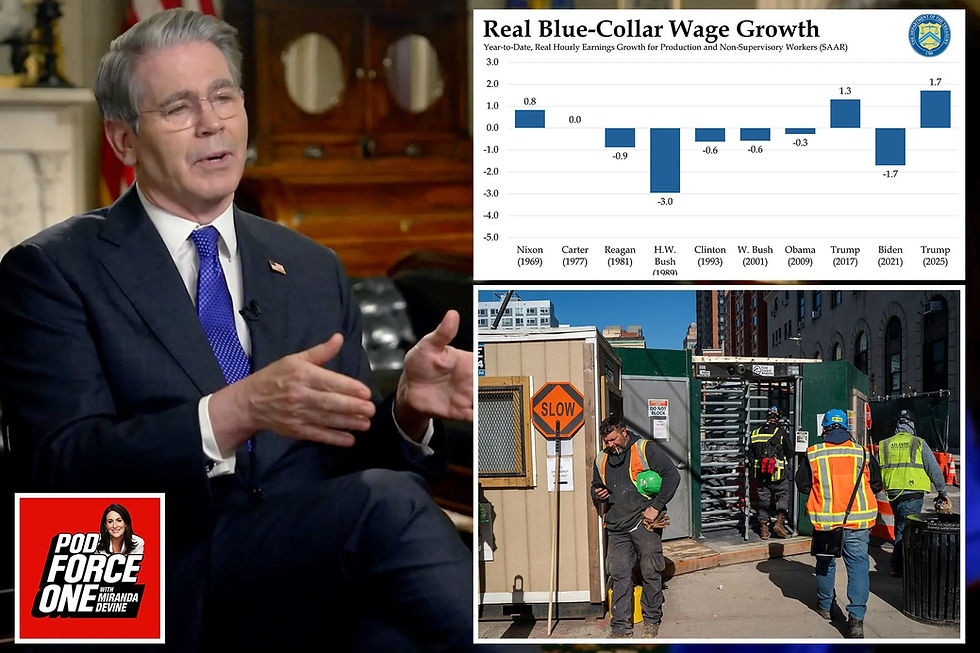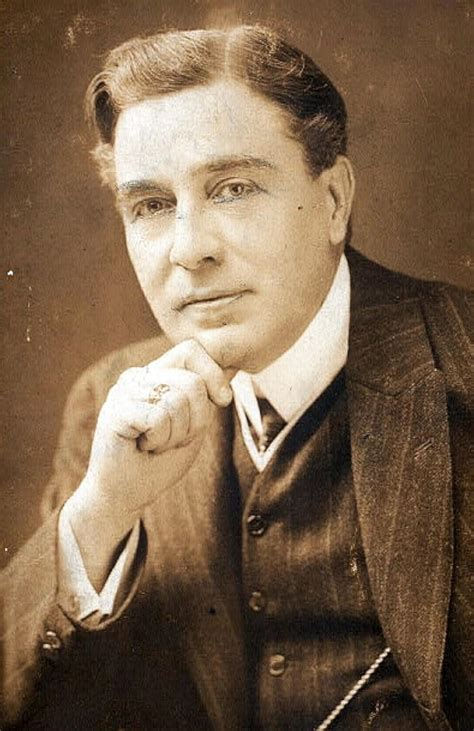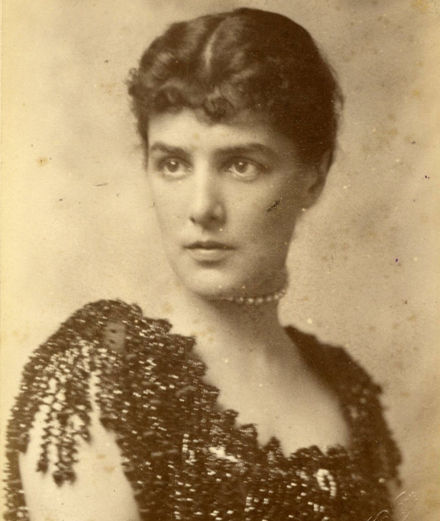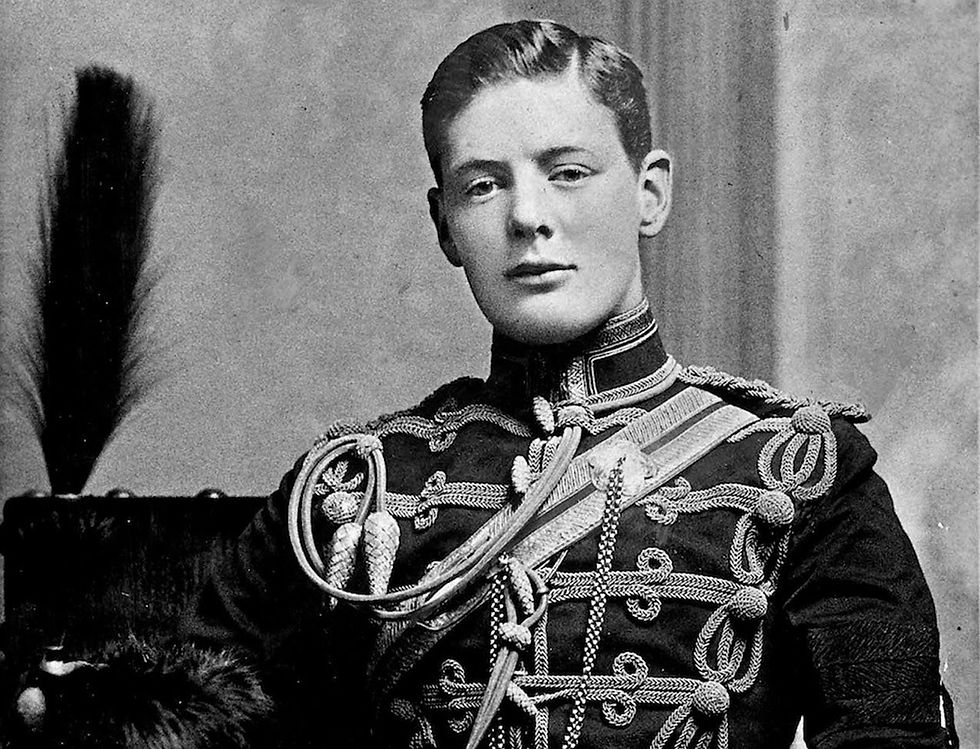The Churchill Chapter
- Debra

- Jun 18, 2025
- 7 min read
Updated: Jun 18, 2025
18 June 2025

A few years ago, or maybe five of six, or even a decade — President Trump declared that Prime Minister Boris Johnson could have been Churchill.
I remember reading the statement and thinking: Nice dream.
Because some dreams are nicer than others. Trust me, I know.
The past decade has flown by, and sloggishly dragged by, with the sort of elasticity of time that a novelist such as I employs quite readily, instinctively. Oftentimes, I’m not even aware that I am stretching, or compressing, the element of time for the purpose of a scene, or passage in fiction.

It’s not been a pleasant observation on my part to watch the myriad levels of American life being carved up, butchered, and slaughtered — all for the purpose of making sure that the Frauds in the Garbage Ruling Class in America — and elsewhere — cling to their sleazy corruption and consumption of our preciously purchased liberties.
Both political parties were in on the slaughterhouse of American democracy for at least the past thirty years. Prior to the end of the Cold War, the sewer of domestic politics — Washington D.C. — ensured the pond scum would stay on the bottom, and not filter upward to infest, infect and inebriate the entire D.C. Metro area.

I still recall, during my five years of living in downtown N.W., that the number of bars outpaced the number of any other eatery with attached watering hole. And I guess I ought to know; I went through working at enough of those now long-gone restaurants during my waitressing career there. (WHEN TIPS WEREN’T TAXED)
Chapter 39 in THE DAWN is what I call the Churchill Chapter. I have a very vivid recall of the draft composition of this lively interlude between that distant past of the 1930s and 1940s, and the more recent past. In January 2010, I was busily reading more research info on Winston when a knock on my front door, one sunny afternoon, brought me in contact with a sneaky supercilious process-server. I cover that personal event in my essay “The Corporation is Always Wrong”.

The added stress only added to the intensity of my literary focus while I, my husband, my children, and a few very dear friends were attempting to survive the onslaught of the Obama farce, from 2008-2016, in California.
Many were the times that I e-mailed passages from this chapter to my Very Dear Friend. Many were the times that I insisted that she insist upon some sanity in her life, especially in the Workplace. She’d had to endure, as the Executive-in-Charge, the gross, unhinged, rabid behaviors — in The Office — that are now hourly occurrences for click-bait fodder.
“Thanks. I needed that.” was her almost Auto-Reply to my electronic missives.
We all need that — statements of daring and truth, in the face of the amoral vulgarities that presently parade as Pomp and Circumstance of the Cratering Chattering Class, the pilot fish of the foul-mouthed Fonctionnaires and “elected” Representatives of Our Republic.

No, Mr. President, Bojo could not have been Churchill. I think you knew that when you said it, and I think he knows it more every day.
Sir Winston Leonard Spencer Churchill was an aristocrat by birth, and by heart. To this day, he embodies the plucky spirit of the Brits. Because the spirit of Winston has not died. It got put into a pine box during the summer of 2020 by the feckless Boris, but the valiant spunk of Churchill is alive within the heart and soul of every patriotic Englishman and Englishwoman.
Winston also embodies the unstoppable fight for truth, justice, and the American way of those patriots across the pond. You know, those citizens of the U.S.A who constitute one of those “two nations divided by a common language.”
This website offers many quotable quotes and life-mission statements uttered by that great English bulldog of a man. The following text offers the opening of Chapter 38, The Churchill Chapter:

Charles MacKay, the Scottish poet, journalist, and songwriter, wrote in 1841 his brilliant book, History of London, Extraordinary Popular Delusions and the Madness of Crowds. One quote pretty well sums up human behaviour in any period between and just before wars:
“Men, it has been well said, think in herds; it will be seen that they go mad in herds, while they only recover their senses slowly, and one by one.”
There is nothing like a war, with its destruction, death, carnage, atrocity, and mournful misery, to sober people up. Prior to the huge wake-up call of reality, the world looks like it is filled with citizenry wrapped in the sugar-coated dreams of pacifism and isolationism. There is the requisite form of naïve delusion which believes that acts of cowardice ensure peace. The majority of people blindly ignore the truth that disarmament and faith in paper promises play into the hands of any enemy and thus ensure war. The minority of watchful citizens are called fear-mongers and hysterics and any name which will, it is hoped, get them to shut up. General de Gaulle and Winston Churchill were stellar examples of this minority, and they did not shut up.

Idyllic fancies, fantasies, and fallacies formed the frame of mind of many folks in Europe and in America during the years entre les guerres, between the wars. Those twenty years came to an end with the rise and assault of Adolf Hitler upon Europe. He pounced upon weak, pacifist nations as if they were the easy prey because, indeed, they were. The disparity between the world as seen by Germany and the world which watched Germany was so immense that each world formed an inverse universe of the other.
The Second World War began predictably; and yet it horribly shook so many people out of their lethargy and a lullaby sense of the world that it was only with a shuddering sense of horror that this second war was named the Second World War; and the previous war, the Great War, this War to End All Wars, was renamed the First World War.
One must be forever grateful to the intrepid individuals who did not join the chorus of peace, prosperity, pacifism, and diplomacy as the only tools in the tiny toolbox between the world wars. There was in France the arrogant, angry Army crusader Charles de Gaulle. He was then a fairly young man, intent on saving his nation while, at the same time, cashiering in his military career. In Great Britain there was that bulldog of a man, Winston Churchill. Older than the French general by sixteen years, Churchill encompassed many careers, each one evolving from the previous, all destined to bring him to the peak of greatness. Inevitably, he did not fall from this height; he was removed by the electorate whose country he had just saved from annihilation.

Winston Churchill was a man of great courage, compassion, cunning, creativity, contradictions, and contrasts. Born two months prematurely in 1874, Winston was a child both ignored and loved by his American mother, née Jennie Jerome, and his British father, Lord Randolph. Accurate historical accounts of the childhood of this valiant leader reveal a heartbreaking amount of neglect and indifference from his extremely beautiful and alluring mother; and adequate attention, mixed with distanced cruelty, from his mercurial father. Lord Randolph was a Tory Member of Parliament who died young after a turbulent rise and a turbulent fall in British politics.
The life of the father deeply etched the character of this son, who dearly loved this complex man. The childhood of Churchill was marked with loneliness, sadness, and wretched disappointment, but it was also punctuated by the loving kindness, affection, and plucky confidence bestowed upon this child by his beloved nurse. This humble woman was named Elizabeth Anne Everest; she assisted her little charge through many a crisis. Winston Churchill would either prevail over this childhood or he would never survive it.

The free world must be forever thankful that this child was full of spunk and optimism. He always reached for the stars, and sometimes beyond, thus granting to future generations the living lessons of not only overcoming hardship and heartache, but also of wresting from dejection and from failure the opportunities to begin anew, ever anew, with the chance to try again. It was all that Winston Churchill ever asked of life, the chance for another chance; the opportunity to make this opportunity the one which mattered; the one stroke of luck and act of genius and daring that would wipe the slate clean.
Upon this clean slate, Churchill would write, and write mightily, marvelously, masterfully, and meaningfully, with millions and millions of words, nearly ten million of them, words glorious, as well as austere. Upon this slate he would also gallantly draw the designs and decisions of history, those hard choices which very few other men were willing or able to make.

Some choices ended in failure, many in triumph. In either event, this man persisted until he believed that the job was done, the task met, the goal achieved. His statement, “Success is the ability to go from failure to failure without losing your enthusiasm,” defined his life. Churchill may have lost his hopes at times, but they did not remain lost. He retrieved his courage and his conviction; and he renewed his resilient energy and moved on to the next hurdle, with the intensity of spirit known as enthusiasm.

He did not squander his precious time in envy, regret, resentment, or blame or hatred of others. He looked in the mirror and saw where he had failed, and he determined to do better the next time. The next time he would make good; the next time, all would come right. He was a born fighter, and a born worker. When fate drove him back to square one in life, he fought and he worked to climb whatever mountain now loomed in front of him, and he moved ahead from square one. He did not complain about the journey. The life of Winston Churchill is a testament that the journey of life is a blessed and noble goal for any person, and for all of mankind.



